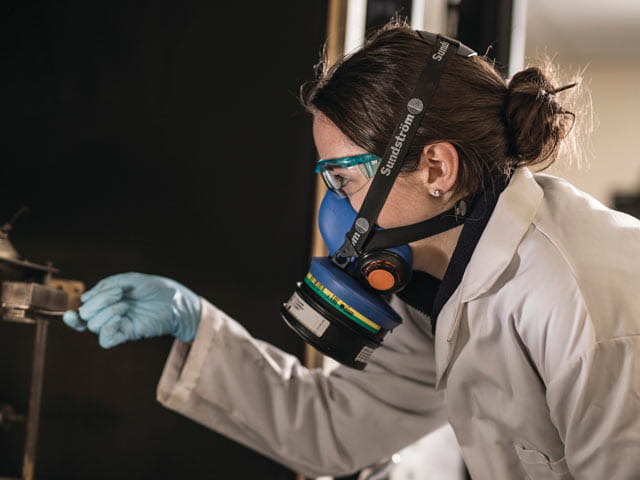Element examines the quantity and composition of Diesel Engine Exhaust Emissions (DEEE) to support our clients to reduce the exposure.
Diesel Engine Exhaust Emissions are considered one of today’s primary polluting issues, with the World Health Organisation (WHO) classifying them as carcinogenic to humans (Group 1). Long-term exposure can lead to an increased risk for lung cancer and possibly bladder cancer. However, even exposure for a short period can cause health problems like lung irritations and/or allergic reactions.
The quantity and composition of DEEEs will depend on the type and condition of the engine, specification of the fuel, workload/demand on the engine and engine temperature. As well as particulates, vehicle combustion can produce significant pollutants in the form of Polycyclic Aromatic Hydrocarbons (PAHs), carbon dioxide, carbon monoxide, oxides of nitrogen, sulphur dioxide and other hydrocarbons.
DEEE testing – The Element advantage
Element works with clients across many industries that require employees to work in locations where they could be exposed to DEEE, such as garages, bus stations, warehouses, railways, ferries, toll booths, car parks and fire stations.
Our UKAS ISO 17025 accredited laboratories can perform independent and specific air tests, targeting DEEE, PAHs and other potentially harmful products of vehicle combustion. In addition, our Engaged Experts work with you to prepare COSHH and risk assessments, and develop solutions that will help reduce specific exposure.
For more information about DEEE testing, pleasecontact us today.
Our Sercives
Find out about our full range of emissions advisory, testing and training services

石棉Air Testing
Learn about asbestos air testing and ensuring compliance for the requirements of asbestos removal or remediation.
Read more
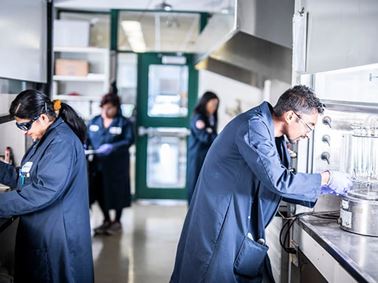
Indoor Air Quality Assessments
Find out how our qualified occupational hygienists can assess indoor air quality looking at chemical, physical, and biological parameters to help our customers comply with regulations.
READ MORE
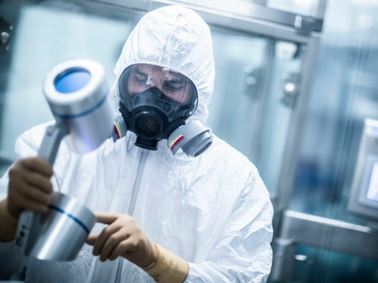
Workplace Air Monitoring
Element’s highly experienced team of qualified occupational hygienists specializes in delivering a range of workplace air monitoring services for use within a diverse range of operating environments.
READ MORE
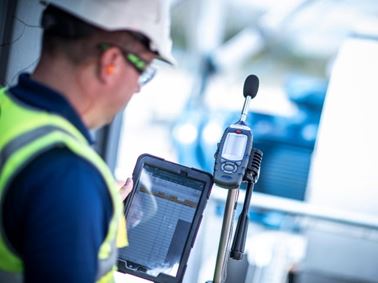
Noise in the Workplace
Element's experts have years of experience in carrying out on-site noise assessments. All assessments undertaken by our experts are qualified through the Institute of Acoustics and BOHS, in accordance with the UK HSE guidance L108 "Controlling Noise at Work."
READ MORE
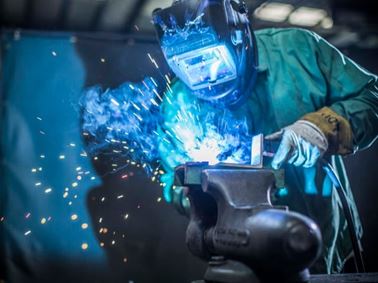
Welding Fume Monitoring
Our team of Occupational Hygienists can undertake a comprehensive range of monitoring and assessment services, including undertaking welding fume exposure monitoring of fumes and gases.
READ MORE
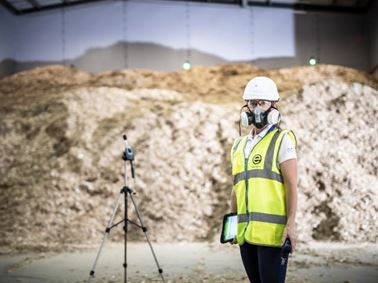
Workplace Monitoring and Assessments
Find out we help our customers to improve indoor air quality and safety of their workplaces.
READ MORE
